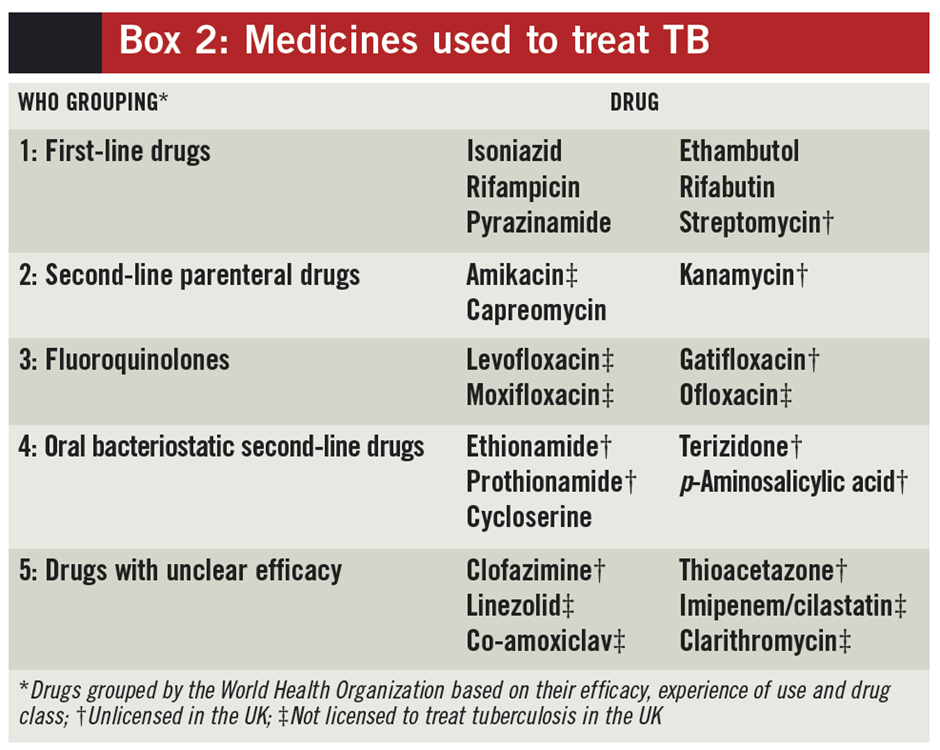A nurse is assessing a client who has heart failure and is taking furosemide. Which of the following findings should indicate to the nurse that the client is experiencing fluid volume deficit?
Weight gain
Distended neck veins
Shortness of breath
Elevated hematocrit level
The Correct Answer is D
Choice A Reason:
Weight gain is incorrect. Weight gain is typically associated with fluid volume excess rather than deficit. In heart failure, fluid retention can lead to weight gain due to excess fluid accumulation in the body.
Choice B Reason:
Distended neck veins is incorrect. Distended neck veins are a sign of fluid volume excess, commonly seen in heart failure due to increased venous pressure and fluid retention.
Choice C Reason:
Shortness of breath is incorrect.: Shortness of breath is often associated with fluid accumulation in the lungs, known as pulmonary edema, which is a manifestation of fluid volume excess or fluid overload in heart failure.
Choice D Reason:
Elevated hematocrit level is correct. Furosemide is a diuretic that promotes diuresis (increased urine output), leading to fluid loss. When a client experiences fluid volume deficit or dehydration due to increased diuresis, there is a concentration of red blood cells in the blood, resulting in an elevated hematocrit level. This occurs because the blood becomes more concentrated when there's less fluid volume available.
Nursing Test Bank
Naxlex Comprehensive Predictor Exams
Related Questions
Correct Answer is C
Explanation
Choice A Reason:
"Limit your sodium intake." Is incorrect. Sodium restriction might be appropriate for some cardiovascular or renal conditions, but it is not specifically related to theophylline use.
Choice B Reason:
"Restrict milk products." is incorrect. Restricting milk products is not a necessary dietary consideration for theophylline. However, consuming high-fat dairy products may delay the absorption of theophylline, potentially affecting its effectiveness.
Choice C Reason:
"Avoid caffeinated beverages." Is correct. Theophylline is a bronchodilator used to treat respiratory conditions like asthma or chronic obstructive pulmonary disease (COPD). It belongs to the class of methylxanthine medications and acts similarly to caffeine. Consuming additional caffeine through beverages like coffee, tea, or certain sodas can increase the risk of adverse effects associated with theophylline, such as increased heart rate or nervousness. Hence, avoiding caffeinated beverages is advisable to minimize the risk of exacerbating these effects.
Choice D Reason:
"Take the medication with meals." Taking theophylline with or without meals is typically acceptable, but it's essential to maintain consistency in timing and avoid significant changes in dietary habits that might affect its absorption or metabolism.
Correct Answer is B
Explanation
Choice A Reason:
"You should report monthly to have your blood drawn to monitor kidney function while taking medication." Is incorrect. While monitoring kidney function might be necessary during tuberculosis treatment due to potential medication side effects, monthly blood draws specifically for kidney function might not be standard. However, periodic blood tests to monitor various parameters, including kidney function, are part of tuberculosis treatment monitoring.
Choice B Reason:
"You will need to take two or more medications to treat your disease." Is correct. Treatment for active pulmonary tuberculosis typically involves a combination of antimicrobial medications to effectively treat the infection and prevent antibiotic resistance. This multidrug therapy is essential to combat the bacteria causing tuberculosis and reduce the risk of treatment failure or relapse.
Choice C Reason:
"You will need to undergo tuberculin skin tests every 6 months while taking medication for your disease." Is incorrect. Tuberculin skin tests are used for screening or diagnosing tuberculosis but are not typically repeated every six months during active treatment for the disease.
Choice D Reason:
"You should anticipate taking medication to treat your disease for at least the next 3 years." Is incorrect. The duration of treatment for active pulmonary tuberculosis varies but is typically shorter than three years. Treatment duration usually lasts several months to a year, depending on the specific medication regimen and the response to treatment.

Whether you are a student looking to ace your exams or a practicing nurse seeking to enhance your expertise , our nursing education contents will empower you with the confidence and competence to make a difference in the lives of patients and become a respected leader in the healthcare field.
Visit Naxlex, invest in your future and unlock endless possibilities with our unparalleled nursing education contents today
Report Wrong Answer on the Current Question
Do you disagree with the answer? If yes, what is your expected answer? Explain.
Kindly be descriptive with the issue you are facing.
